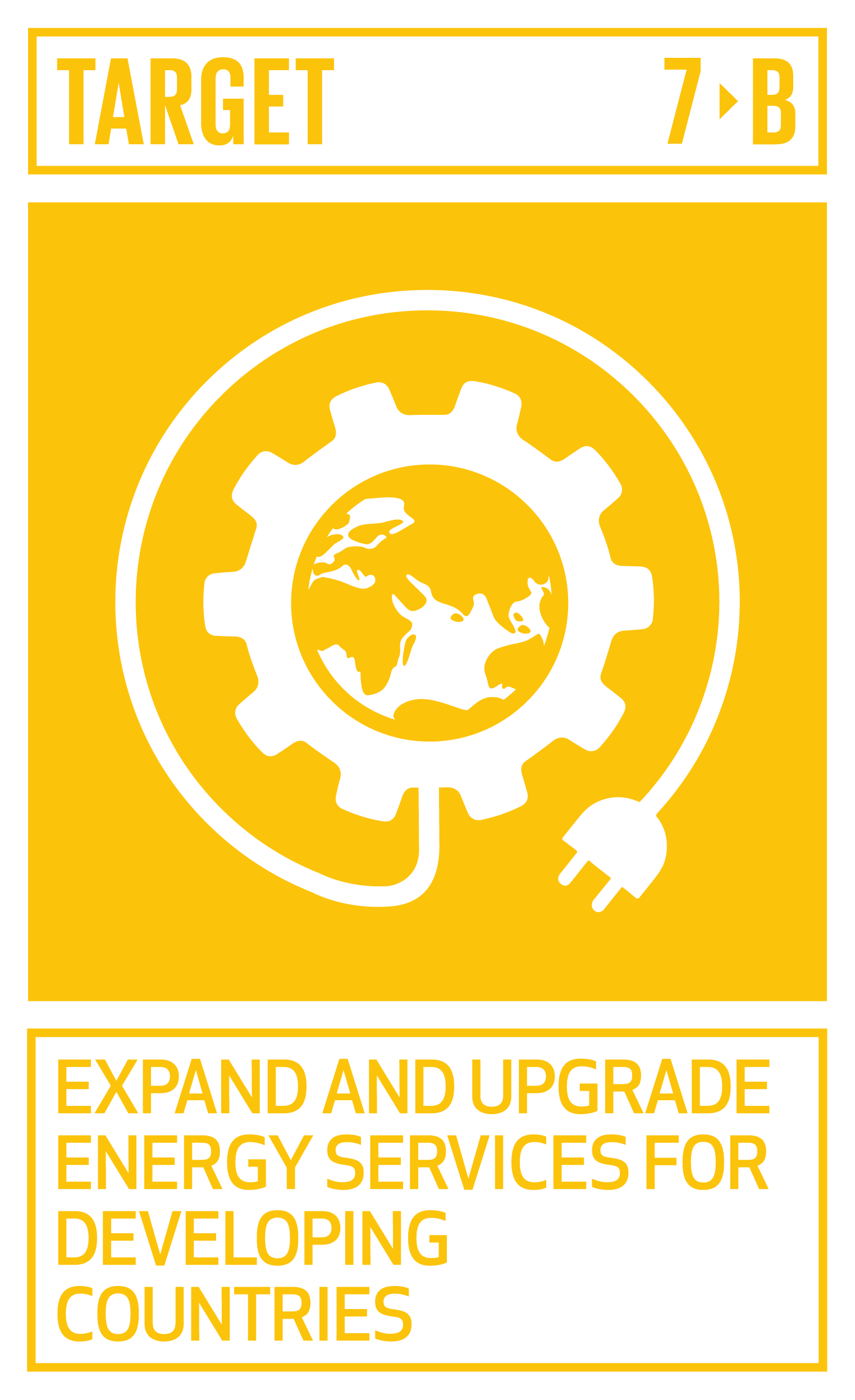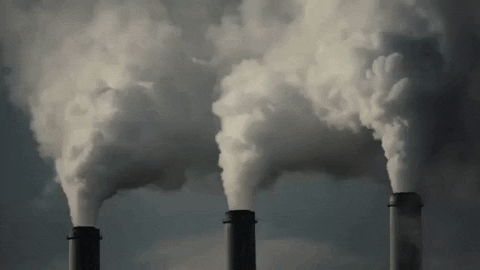
SDG Page

Goals of the UN
Despite significant progress over the past decade on improving access to electricity, increasing renewable
energy use in the electricity sector and improving
energy efficiency, the world is still falling short in providing affordable, reliable, sustainable and modern energy
for all.
The impacts of climate change are huge,
and include: Hotter temperatures, leading to more heat-related diseases; More severe storms; Increased drought; Warmer and rising oceans, which endangers marine life;
and a loss of species such as marine life and animals in the antarctic and arctic.
Clean and sustainable energy should be at
the hert of Covid-19
Global access to electricity increased from 83 per cent in 2010 to 90 per cent in 2019, with an increase in average
annual electrification of 0.876 percentage points.
The global access deficit decreased from 1.22 billion in 2010 to 759 million in 2019. Despite the significant effort
made, there may still be as many as 660 million people without access worldwide in 2030.
The share of renewable energy in total final energy consumption increased gradually from 16.4 per cent in 2010 to 17.1 per cent in 2018.
renewable sources in total final energy consumption rose by only 2.5 percentage points in a decade, remaining below 11 per cent in 2018.
The pandemic is having a mixed impact on renewable energy development across end-use sectors, global
electricity demand declined by 2 per cent in 2020 compared to 2019,
but the use of renewables for power generation increased by almost 7 per cent year on year.


